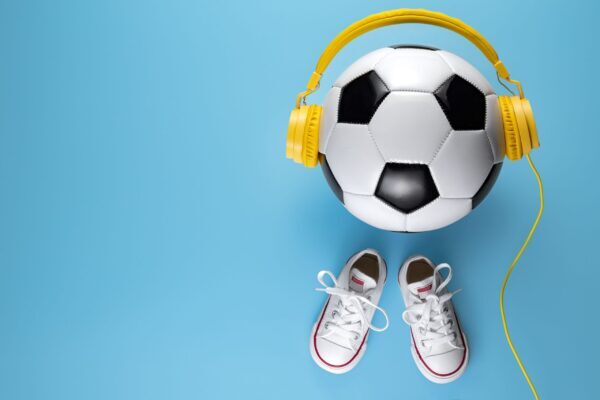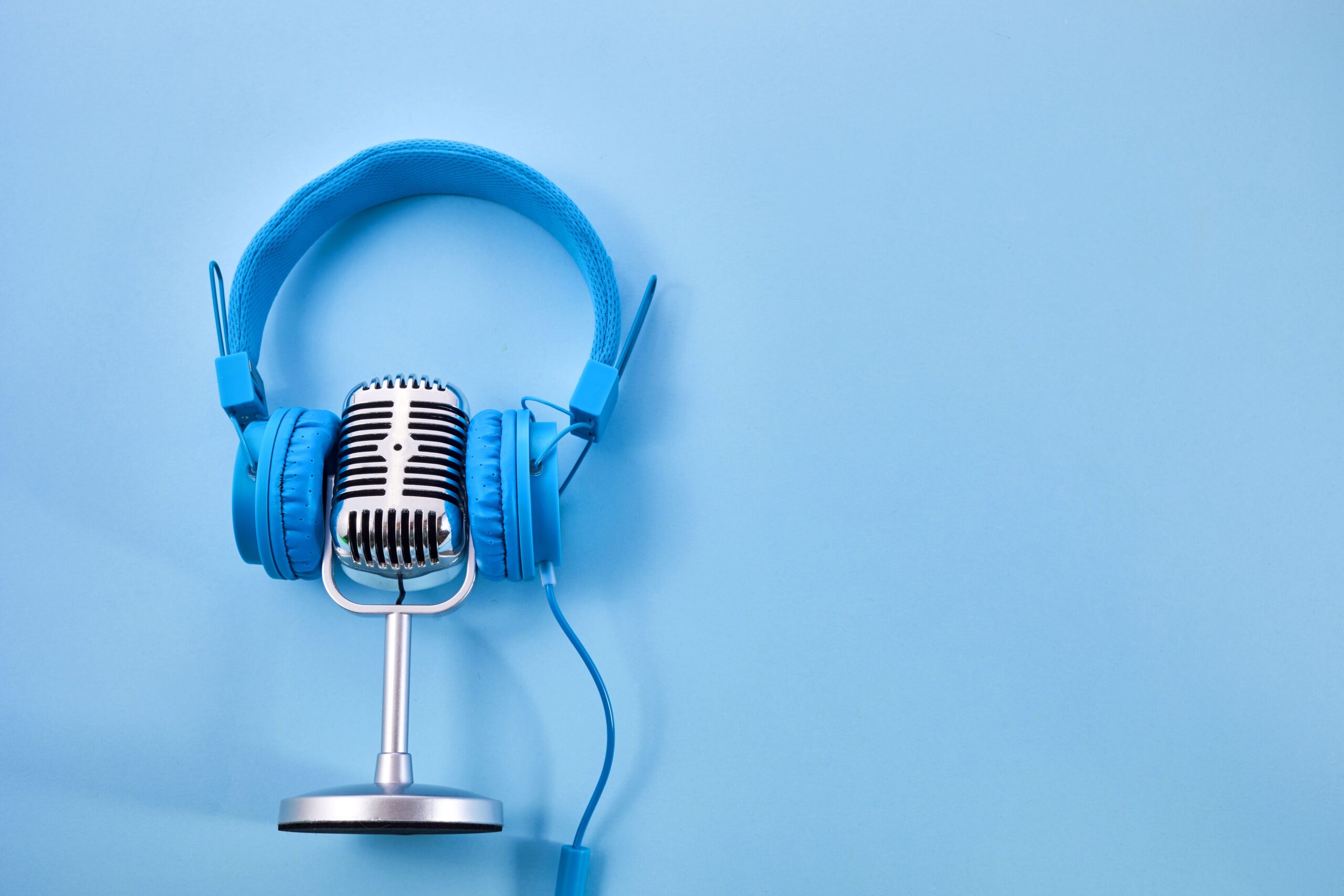
The Rise of Local Sports Podcasts in Chicago
When the Mic Replaced the Column
In a city known for its radio legends and ink-stained press passes, the shift to earbuds was never a given. But today, Chicago sports media includes dozens of fan-made, player-focused, and analytics-driven podcasts. Some last 20 minutes. Some episodes outlast the games themselves.
During early weekdays, download spikes suggest listeners tune in before work or during their commute. And not just for highlights — but for tone, attitude, and that unfiltered feel legacy outlets often avoid.
It seemed like a niche — until it wasn’t.
From Niche to Necessity
At first, these shows filled gaps. One show followed every twist in the Cubs’ farm system. Another spotlighted women’s college hoops across Illinois. As traditional Chicago news coverage narrowed, podcasts opened.
Low-barrier tools made it easier: record, upload, repeat. And audiences followed. What started as hobbyist content morphed into semi-pro networks with real reach.
You could say it started as noise. But soon — listeners leaned in.
What Makes Chicago’s Podcast Scene Unique
Unlike syndicated national shows, local sports news Chicago podcasts tend to stay close to home. Hosts often live near the teams they talk about. They share subway delays to the stadium. They’ve been at high school championship games, not just pro arenas.
That intimacy translates. Listener feedback isn’t just about stats — it’s about the feel of the game, the vibe in the stands, the sound of cleats on cold turf. Some episodes even feature background noise — intentionally.
It’s not polished. But it’s human. And that might be why it works.
Independent Voices, Loyal Audiences
Podcasts have become launchpads for new local media voices. Teachers, students, former athletes — anyone with a mic and a take can enter the field. Some flame out. Some rise.
Loyal listeners often follow across platforms. Twitter threads continue episodes. Patreon pages support upgrades. It’s a two-way street — less audience, more community.
Still, competition is growing. And attention is limited. Not exponential — but steady — the landscape expands.
The Future of Audio-First Sports Media
What comes next? Smart speakers, Spotify charts, maybe AI-driven highlight reels. Or maybe not. Depends who you ask.
What’s clear is this: Chicago sports media isn’t just adapting — it’s multiplying. Podcasts offer something print and radio can’t always do — proximity without gatekeeping.
As long as there are games, there will be talk. And in Chicago, some of the best talk happens right in your headphones.

